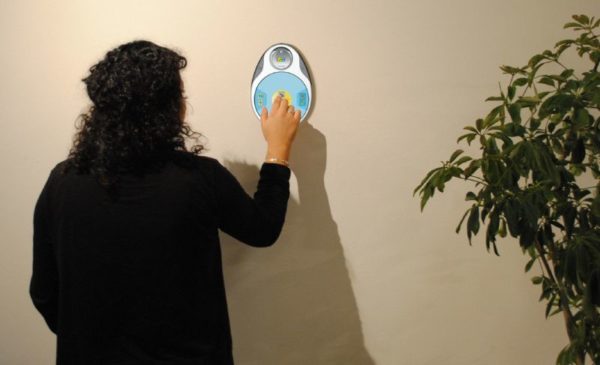It is essential to incorporate safety measures while traveling in a vehicle with children on board, especially those with special needs. It is their dependency that makes them vulnerable. It can be pretty difficult for parents to be able to comfortably travel with a disabled child. It becomes even trickier when your child cannot maintain an upright position on his own without anybody’s assistance.
Most of these kiddos demonstrate disruptive behavior, which is a part of their disability. Some even display tendency to unbuckle the regular restraints. Special harness may be needed to keep them safe and secure. Challenges with hyperactivity are common when it comes to children with autism which requires proper restraints. Modifying their current seating arrangement should be avoided as it might disturb the tested safety of their existing seat.
Challenges faced by parents:

The primary challenge that the parents face is working around the physical needs of the disabled child. For instance, many children suffering from autism have sensory issues and require a tighter restraint system as opposed to the regular one. Also, there are kids who have a poor motor control and they find it difficult to maintain a firm posture and need a proper restraint to sit up straight. That’s when the use of safety harnesses, belts and car seats comes into play. One has to carefully select the best one that can suit your child’s special needs.
Fixed car Seats:

These can prove to be very useful for children with special needs. They can help them in maintaining an upright position without anyone’s assistance, making traveling safer and fun, just the way it is supposed to be. These come equipped with harness, adjustable seat length and adjustable backrest along with additional pads that can help in maintaining a firm posture. Fixed car seats are anchored just like the regular car seats. There are a variety of options available. You can select the one that will best cater your child’s needs.
Seats with swivel mechanism:

These are specially designed for children with poor head control. They have a specially designed swivel base that makes it easy to transfer your child in and out of the vehicle. Make sure that you consult your therapist on the best available option for your child.
Car beds:

These are intended for infants who can travel only by lying low. These should be restricted to only those who demonstrate a certain level of medical necessity. Additionally after the recommendation of the therapist, one should keep a close watch making sure that the child is comfortable.
Wheelchairs:

At times, it gets difficult to transfer your child from his wheelchair to the safety seat in the car. In such scenario, it is important to secure the wheelchair of the rider on to the vehicle and restrain the rider in the wheelchair with crash tested belts. Make sure that both wheelchair as well as the rider are facing in the forward direction.
Safety belts and Harnesses:

It becomes difficult for children with disability to adjust to the standard seats as they don’t offer adequate support. It is because of this limitation they might fall forward, sideways or even downwards while traveling. In order to avoid such a disaster, it is better to have an added restraint system along with the existing seatbelt that can provide an additional security. These are not built to replace the existing seatbelts but are to be used along with them.
Angel Guard:

This specially designed seatbelt cover that prevents passengers (especially kids) from unbuckling their seatbelts.
One can also keep their children safe by strapping them with a wearable GPS enabled device. These will ensure that the child is safe and is well cared for at all times.
Additionally, the head should never be secured with any kind of safety harness as an attempt to prevent it from falling forward. There might be instances where the child finds it difficult to control his head and requires a restraint to keep the balance. In such cases, one should avoid stiff and formed neck collars; those should be replaced with softer cervical collars, which are made of foam.



